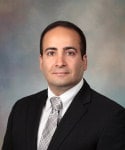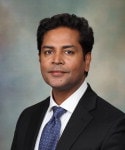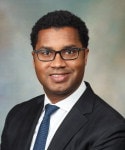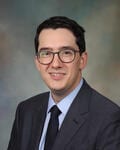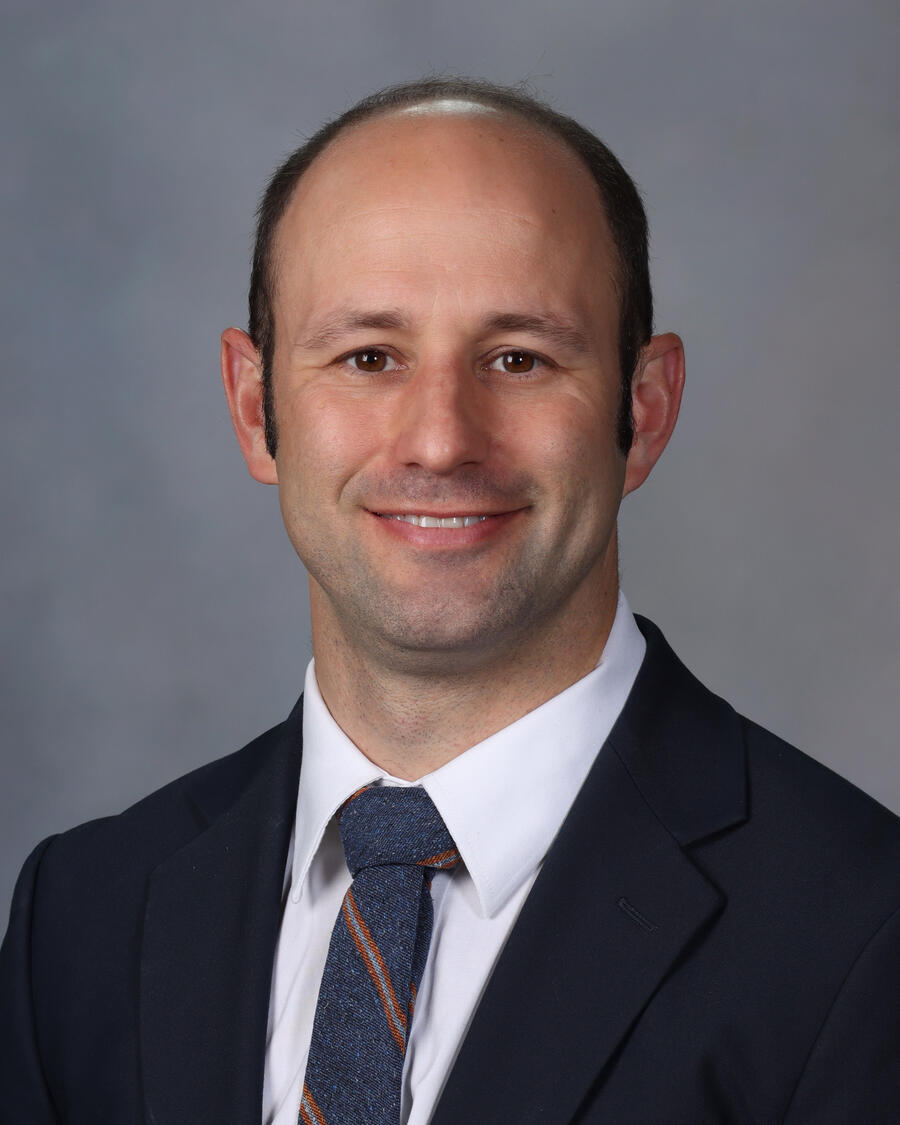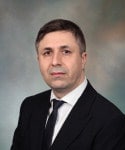Meet The Faculty
Director's welcome
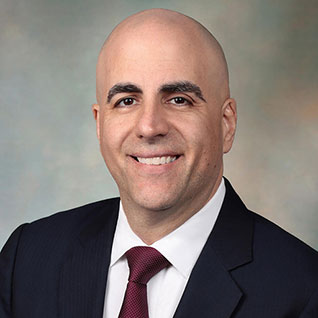 Welcome!
Welcome!
Thank you for your interest in the Neurologic Surgery Residency at Mayo Clinic's campus in Phoenix/Scottsdale, Arizona. We invite you to a distinct culture of training focused on all the essential components of a successful neurosurgical career including concept building, mastering technical skills and innovating. We provide a highly conducive environment for our trainees to go through this exhilarating and momentous phase of life "the residency".
We are very passionate about inclusivity and diversity within our working environment. We aim to provide a comprehensive training infrastructure with emphasis on mentorship and building a successful career.
Bernard Bendok, M.D.
Program Director
Neurologic Surgery Residency
Program mission
The Neurologic Surgery Residency Program at Mayo Clinic in Phoenix, Arizona, is dedicated to education and research in neurological surgery. It offers an uncompromising program devoted to teaching the practice of the specialty in a comprehensive, competent, professional, and compassionate manner. The program emphasizes excellent diagnostic and surgical skills, critical and analytical thinking, a spirit of inquiry and self-assessment, lifelong learning strategies, personal and professional growth, and personal well-being. The program also emphasizes patient centricity, quality of outcomes, and preparation for autonomous practice. Finally, the program is explicitly designed to foster innovation, leadership, entrepreneurship, and a sense of social responsibility.
Program aims
Aim 1: Train future surgeons. Train neurosurgery residents in the profession and sub-specialty disciplines of neurological surgery, providing them with an educational, clinical, operative, and research environment of the highest standard.
Aim 2: Career development. Prepare residents for a career in neurological surgery with a sub-specialty area focus of personal choice.
Aim 3: Well-being. Promote faculty and resident well-being, self-care, and support of colleagues through institutional and program activities and resources.
Aim 4: Learning environment. Ensure that the program's goals and its individuals' needs can be met in a learning environment that is safe, collegial, collaborative, facilitative, fair, and personally rewarding.
Program faculty
During your training in the Neurologic Surgery Residency, you will work closely with many neurosurgeons. See the following faculty or download this faculty list to learn more.
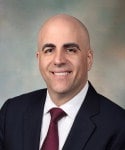 |
Bernard Bendok, M.D.Program Director
|
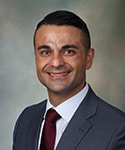 |
Joshua Bakhsheshian, M.D.
|
|
|
Maziyar Kalani, M.D.
|
|
|
Chandan Krishna, M.D.Associate Program Director
|
|
|
Jamal McClendon, Jr., M.D.
|
|
|
Jonathon Parker, M.D., Ph.D.
|
|
|
Ken Porche, M.D., M.A.
|
|
|
Ali Turkmani, M.D.
|
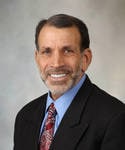 |
Richard Zimmerman, M.D.
|
Annual program evaluation
The program conducts an annual program evaluation with the assistance of Program Evaluation Committee (PEC) members which includes the program director, faculty, and residents as part of the program’s continuous improvement process. The PEC members review the current operating environment to identify strengths, challenges, opportunities, and threats as related to the program’s mission and aims. The program evaluates the performance of faculty members based on resident’s feedback.
The program director with input from the Clinical Competency Committee meets with each resident to document a semi-annual performance assessment with each resident to assist the resident in developing individualized learning plans to capitalize on their strengths and identify areas for growth, well-being, and career plans. At the end of each academic year, a summative evaluation is conducted to review the readiness to progress to the next year of the program, if applicable.
An objective performance evaluation based on the Competencies and Milestones is documented at the completion of each assignment. Feedback from faculty members is frequent and not always formally documented. The feedback allows for the development of the learner as they strive to achieve the Milestones.
